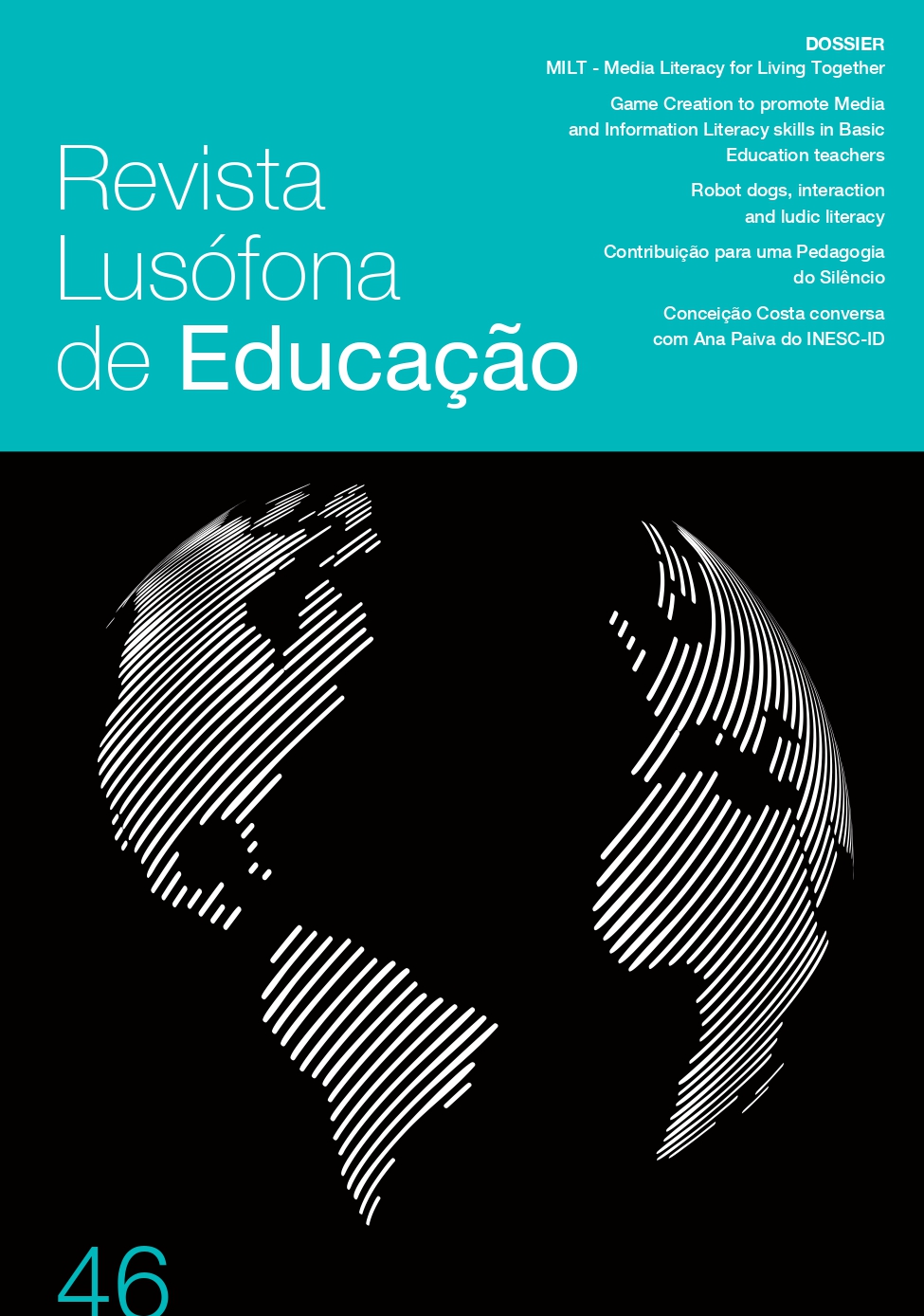Cognitive room for Design education: Theoretical aspects
Resumen
The normal aspect of rooms dedicated to Design education tends to use exhibitions of actual and past student’s work as a strategy to inspire creativity in their students. On other hand, the maintenance of the same objects in that room can lead to some boringness as students or workers look at the same things for a period. This leads us to the problem we wish to reflect on: Can a room be designed to be user-adaptative allowing multi-sensory experience in line with the educational process in a Design setting? Our goal was to describe the possible link between the educational process and the contribution of a room that is cognitive adaptable to the different needs of that educational process. To achieve this, a theoretical study was conducted to propose a framework for cognitive room creation, based on augmented cognition concepts. The concepts of creativity, visual pollution, and human-environment interaction understood as the cognitive workload was confronted in order to create a technology-based concept of a room that is adaptative to the cognitive needs of its users, in a design creational process setting. Theoretically, it seems possible to create a room that adapts to one’s educational needs, including emotional status, one aspect that can directly be associated with the creativity performance in Design. The implementation of a simulated room based on these ideas will help to quantify the real benefit of this theoretical assumption to Design education and practice. If true it can be traduced to other room-based realities as school rooms.
Keywords: Adaptative rooms; augmented cognition; education; media as multi-sensory experiences.
Descargas
-
Los autores y las autoras conservan los derechos de autor, sin ningún tipo de remuneración, y conceden a la revista el derecho de primera publicación. La obra se publica simultáneamente bajo la Licencia Creative Commons Atribución 4.0 Internacional (CC BY 4.0), que permite a otros compartir (copiar y redistribuir el material en cualquier medio o formato) y adaptar (remezclar, transformar y crear a partir del material para cualquier propósito, incluso comercial), siempre que se reconozca la autoría y la publicación inicial en la RLE.
-
Los autores y las autoras están autorizados a celebrar contratos adicionales de manera separada para la distribución no exclusiva de la versión de la obra publicada en esta revista (por ejemplo, depositarla en un repositorio institucional o publicarla como capítulo de libro), siempre que se reconozca la autoría y la publicación inicial en la RLE.
-
Los autores y las autoras tienen permiso y son alentados/as a publicar y difundir su trabajo en línea (por ejemplo, en repositorios institucionales o en su página personal), ya que esto puede aumentar la visibilidad y la citación del trabajo publicado (véase El Efecto del Acceso Abierto).








